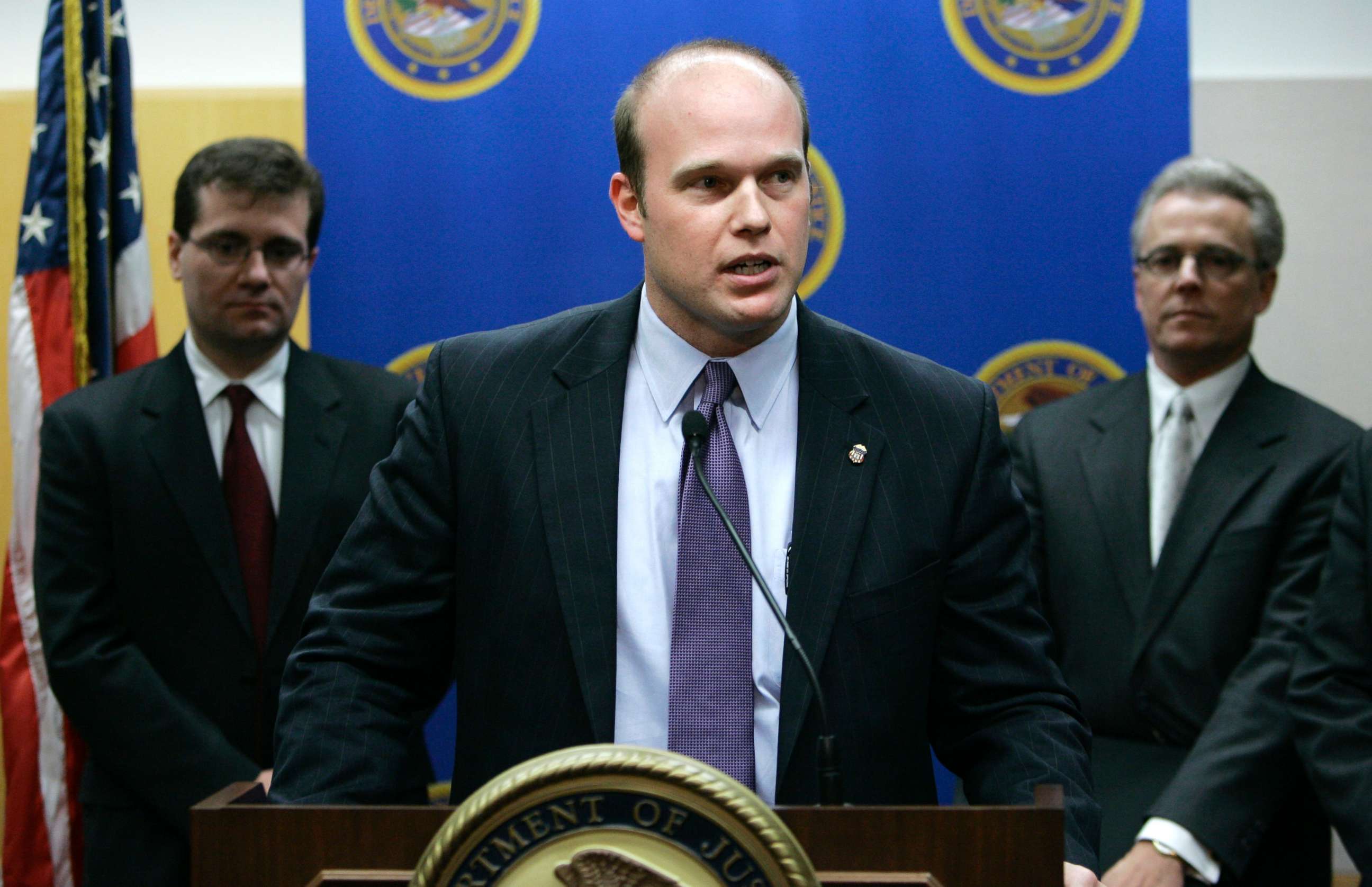The Vacancies Act: How does the federal government backfill cabinet-level departures?
The federal guidelines exist to account for a smooth transition of power.
Jeff Sessions is out at the Department of Justice and Matthew Whitaker, his former chief of staff, is ascending to the role of acting attorney general. But until the president nominates a new attorney general, and that nominee is confirmed by the Senate, questions of authority atop the federal law enforcement department remain.
Federal guidelines, known as the Vacancies Act, exist to account for a smooth transition of power in the event of cabinet-level departures.
If a Senate-confirmed position is left vacant, the act outlines who can temporarily fill it and for how long. Under the act, these positions are, by default, temporarily filled by whoever is the "first assistant" to the position left vacant. But the act affords some wiggle room to the president if he decides to appoint someone else, according to Norman Eisen, the former chief ethics adviser to President Barack Obama.
"The president can plug in a Senate-confirmed person to serve for a limited amount of time in any Senate-confirmed role," Eisen said.
That means anyone who has been confirmed to any position by the Senate can temporarily fill a vacant role in any agency. So too can certain high-level bureaucrats within the agency in question – like Whitaker.

The act was implemented to make sure Congress maintained some level of oversight on who was performing the duties of high-level officers.
"Congress didn't want these vacancies to be filled by people who have never passed before the Congress," Eisen said.
But according to Anne Joseph O'Connell, a Stanford law professor who studies the Vacancies Act, there is some debate in legal circles about whether the president has the authority to appoint people under the Vacancies Act if he fires someone from their post. Courts have been hesitant to rule on this, but the act does make clear that the president has authority if the official resigns from their position.
"The act is ambiguous," O'Connell said. "All President Trump has to do is tell AG Sessions that he wants his resignation."
O'Connell said even if the resignation comes under pressure, it would give the president additional freedom to name an alternative acting attorney.
Before Sessions’ dismissal, Eisen called Trump's potential move to fire individuals "only to slide in somebody of his own choosing" a "perversion of the act."
A person serving in an acting role is only permitted to do so for 210 days from the date of the vacancy. That time resets if the President makes a formal appointment for the position.




